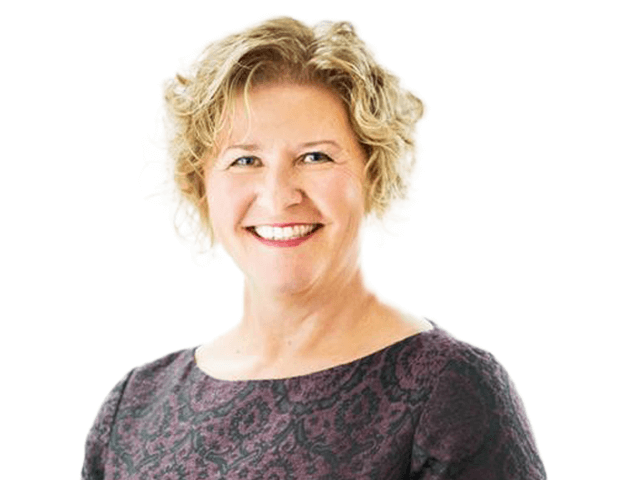So, we've evolved the company and the style in which we do business reviews and look at what's working, what hasn't, the cadence of that over the years. But it was really exciting entering this year, I worked with my staff last year, we had to go through a bit of a restructuring in the company. We woke up one day, and instead of being in three clinical indications, we were in five. We work together at what is the new structure that's going to be more effective instead of having one leader lead across five clinical indications, where you may get too much of a thin layer of expertise in each of those teams, how do we reorganize, and we did that. And then coming into this year, we also decided to create new agendas for the executive meetings. What we learned about ourselves last year is that we spent every meeting we would end up on operational discussions, right, one product was off plan or we wanted to grow this product more. Instead of taking time and carving out time for really big strategic discussions, we would always end up in the tactics. Hey, we're a public company. We're measured every quarter. And so I think you have to be careful that you don't fall into that trap of then everything you do is focused on the corridor.
So we made the decision that this year we were going to have two half day meetings every month. One of those meetings is on operational business reviews. The agenda set, we have the business teams for every single product and every single indication go through an entire review of performance to date, month to date, quarter to date. Where are we against last year? Are we up? Are we down? If we're down, what we're doing to fix it. New marketing plans for launching products, entering new markets, all of the operational things, and that all happens on now a standard agenda, one meeting a month.
The other meeting the month is specifically set aside for us to sit in a room, talk about big strategic things, decisions we're faced with over the next two to three years, and then deciding there may be a couple people that take a topic and they might go off and do some research, collect some data. And then when they're ready, they come back to that strategic meeting and propose an approach, a solution, whatever the case may be. But we're three months in and so far I can say I think this is really working well in not only holding people accountable for delivering on the results that need to be delivered, but also holding ourselves accountable to keep an eye on the long term, because both are important.




